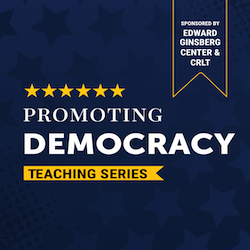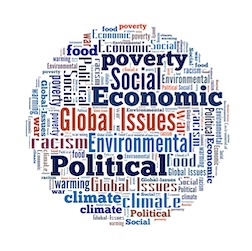Click HERE to register for the 2021 Inclusive Teaching @ Michigan series.
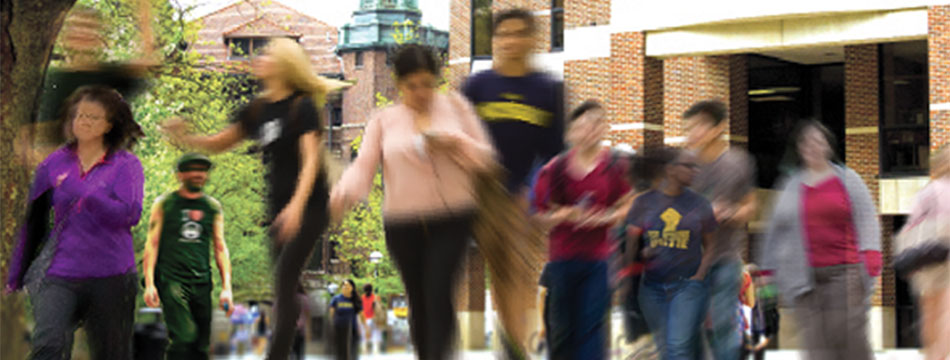 In light of the disruptions that have characterized the year, including a global pandemic, civil and political unrest, racial reckoning, and widespread shifts to remote teaching and learning, the need to widen our lens from inclusion to a more equity-focused view of teaching and learning has become all the more evident and urgent. At CRLT, we have found ourselves asking a range of questions to help us move toward more equitable practices, including ones aimed at reevaluating our framework for inclusive teaching. While inclusive teaching practices are important, they often don’t foreground larger systems of inequity (e.g., racism, classism, sexism, ableism, heterosexism, nativism, etc.). Without explicit attention to the impact of systemic inequity, inclusion efforts can approach all forms of student difference as equal and often ignore the specific social and political conditions that shape our students’ experiences in the classroom differently. For example, instructors are frequently encouraged to include all students or all voices in the classroom, without also being asked to consider which voices have been persistently excluded or marginalized within and beyond the classroom.
In light of the disruptions that have characterized the year, including a global pandemic, civil and political unrest, racial reckoning, and widespread shifts to remote teaching and learning, the need to widen our lens from inclusion to a more equity-focused view of teaching and learning has become all the more evident and urgent. At CRLT, we have found ourselves asking a range of questions to help us move toward more equitable practices, including ones aimed at reevaluating our framework for inclusive teaching. While inclusive teaching practices are important, they often don’t foreground larger systems of inequity (e.g., racism, classism, sexism, ableism, heterosexism, nativism, etc.). Without explicit attention to the impact of systemic inequity, inclusion efforts can approach all forms of student difference as equal and often ignore the specific social and political conditions that shape our students’ experiences in the classroom differently. For example, instructors are frequently encouraged to include all students or all voices in the classroom, without also being asked to consider which voices have been persistently excluded or marginalized within and beyond the classroom.


 In light of the disruptions that have characterized the year, including a global pandemic, civil and political unrest, racial reckoning, and widespread shifts to remote teaching and learning, the need to widen our lens from inclusion to a more equity-focused view of teaching and learning has become all the more evident and urgent. At CRLT, we have found ourselves asking a range of questions to help us move toward more equitable practices, including ones aimed at reevaluating our framework for inclusive teaching. While inclusive teaching practices are important, they often don’t foreground larger systems of inequity (e.g., racism, classism, sexism, ableism, heterosexism, nativism, etc.). Without explicit attention to the impact of systemic inequity, inclusion efforts can approach all forms of student difference as equal and often ignore the specific social and political conditions that shape our students’ experiences in the classroom differently. For example, instructors are frequently encouraged to include all students or all voices in the classroom, without also being asked to consider which voices have been persistently excluded or marginalized within and beyond the classroom.
In light of the disruptions that have characterized the year, including a global pandemic, civil and political unrest, racial reckoning, and widespread shifts to remote teaching and learning, the need to widen our lens from inclusion to a more equity-focused view of teaching and learning has become all the more evident and urgent. At CRLT, we have found ourselves asking a range of questions to help us move toward more equitable practices, including ones aimed at reevaluating our framework for inclusive teaching. While inclusive teaching practices are important, they often don’t foreground larger systems of inequity (e.g., racism, classism, sexism, ableism, heterosexism, nativism, etc.). Without explicit attention to the impact of systemic inequity, inclusion efforts can approach all forms of student difference as equal and often ignore the specific social and political conditions that shape our students’ experiences in the classroom differently. For example, instructors are frequently encouraged to include all students or all voices in the classroom, without also being asked to consider which voices have been persistently excluded or marginalized within and beyond the classroom.  While final exams are a stressful time for all U-M students, in the Winter 2021 semester, Muslim students will face an additional set of challenges. This year, the Muslim holiday of Ramadan will fall during finals (the full holiday runs from April 13-May13), and students observing the holiday will be fasting from dawn to sunset. For many students this entails maintaining concentration and energy for exams that might fall late in the afternoon after waking up before dawn to have an early meal; having to postpone breaking the fast until after taking a late exam; or losing sleep while studying late into the night after breaking the fast.
While final exams are a stressful time for all U-M students, in the Winter 2021 semester, Muslim students will face an additional set of challenges. This year, the Muslim holiday of Ramadan will fall during finals (the full holiday runs from April 13-May13), and students observing the holiday will be fasting from dawn to sunset. For many students this entails maintaining concentration and energy for exams that might fall late in the afternoon after waking up before dawn to have an early meal; having to postpone breaking the fast until after taking a late exam; or losing sleep while studying late into the night after breaking the fast.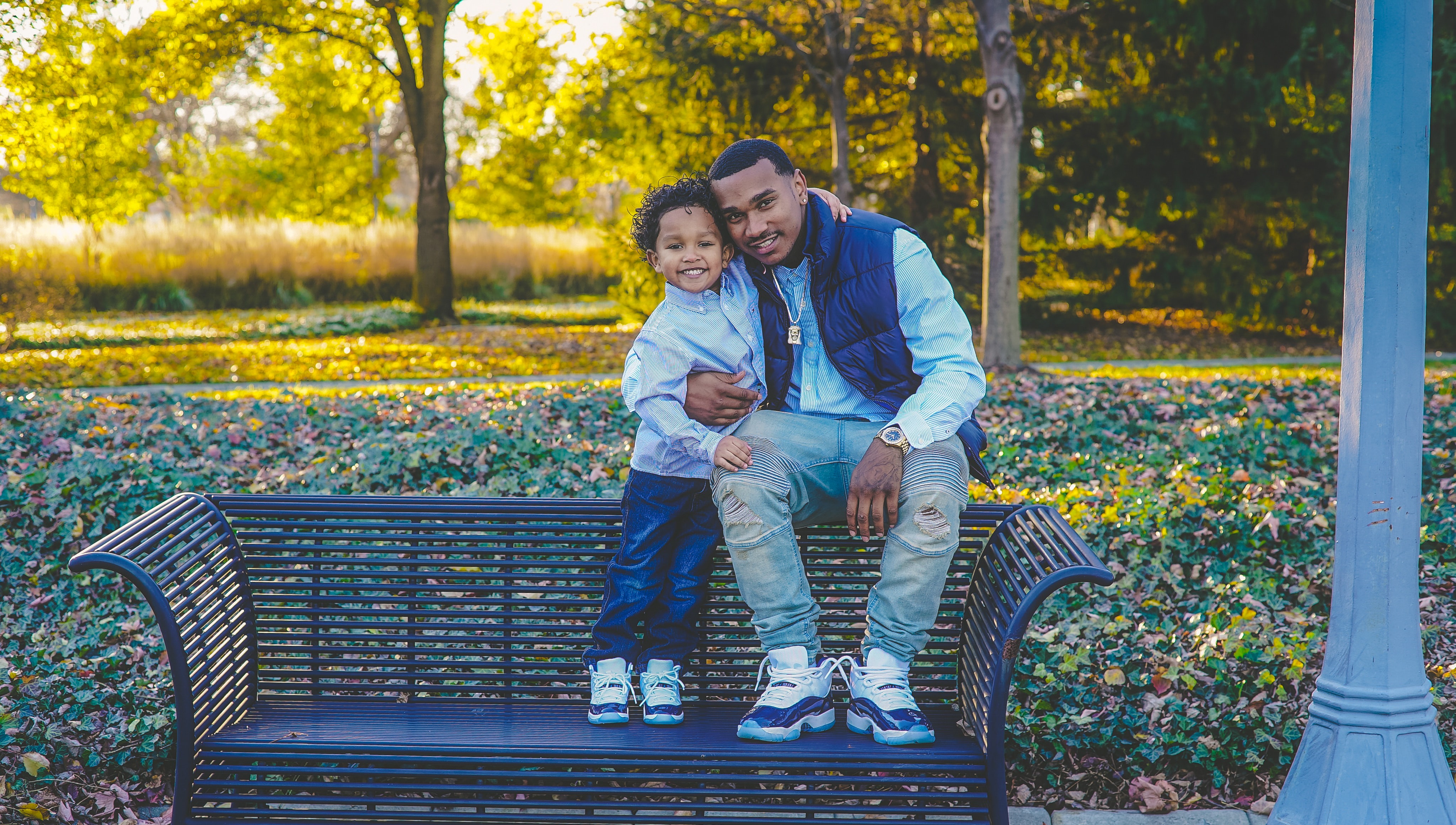
 As our campus prepares to begin the Winter 2021 semester, the country prepares for the inauguration of its 46th President. The inauguration often signals the closure of our election season for at least another two years. This year, however, the inauguration comes as one more uncertain and potentially volatile event in an election season marked by unprecedented attacks on our democratic processes. The most recent example of this was the violent and unnerving disruption of the ratification proceedings on January 6th. Though the mob ultimately failed to alter the results of those proceedings, it succeeded in further amplifying the white nationalist, anti-Semitic, xenophobic, and anti-Black politics and actions that have profoundly shaped this election season. The attack on the capitol hangs heavy for many as we approach the inauguration on January 20th. At CRLT, we want to acknowledge more specifically that events such as the attack on the capitol and upcoming inauguration are important context for the beginning of the Winter 2021 semester and are likely shaping the expectations and plans of students and instructors as you prepare to re-enter the classroom. We share this brief blog post to encourage you to keep the following in mind as you finish final preparations for your courses:
As our campus prepares to begin the Winter 2021 semester, the country prepares for the inauguration of its 46th President. The inauguration often signals the closure of our election season for at least another two years. This year, however, the inauguration comes as one more uncertain and potentially volatile event in an election season marked by unprecedented attacks on our democratic processes. The most recent example of this was the violent and unnerving disruption of the ratification proceedings on January 6th. Though the mob ultimately failed to alter the results of those proceedings, it succeeded in further amplifying the white nationalist, anti-Semitic, xenophobic, and anti-Black politics and actions that have profoundly shaped this election season. The attack on the capitol hangs heavy for many as we approach the inauguration on January 20th. At CRLT, we want to acknowledge more specifically that events such as the attack on the capitol and upcoming inauguration are important context for the beginning of the Winter 2021 semester and are likely shaping the expectations and plans of students and instructors as you prepare to re-enter the classroom. We share this brief blog post to encourage you to keep the following in mind as you finish final preparations for your courses: In Part 1 of this CRLT/Ginsberg Election Resource series
In Part 1 of this CRLT/Ginsberg Election Resource series U-M has now officially transitioned to entirely remote instruction, but we know that instructors’ process of figuring out how to navigate this enormous change will be ongoing. CRLT consultants are available to provide ideas, tools, and resources as you think through ways to shift your teaching methods and expectations -- and then rethink them as the trial and error process unfolds. We know that instructors will continue to navigate a series of pedagogical, technological, and social-emotional challenges in their teaching for the remainder of the term, and we’re committed to providing support for U-M’s teachers throughout. Following public health recommendations for, CRLT staff are primarily working and consulting remotely. But there are many ways you can get in touch with us to arrange a phone call, video meeting, email exchange, or online chat:
U-M has now officially transitioned to entirely remote instruction, but we know that instructors’ process of figuring out how to navigate this enormous change will be ongoing. CRLT consultants are available to provide ideas, tools, and resources as you think through ways to shift your teaching methods and expectations -- and then rethink them as the trial and error process unfolds. We know that instructors will continue to navigate a series of pedagogical, technological, and social-emotional challenges in their teaching for the remainder of the term, and we’re committed to providing support for U-M’s teachers throughout. Following public health recommendations for, CRLT staff are primarily working and consulting remotely. But there are many ways you can get in touch with us to arrange a phone call, video meeting, email exchange, or online chat:  We wish we did not have
We wish we did not have 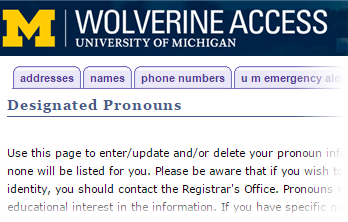 University of Michigan students identify across a full spectrum of gender identities and gender expressions. As instructors, how can we cultivate gender-inclusive teaching and learning environments -- that is, environments that invite the full participation of students of all genders and respond to the harmful impact of gender stereotyping and
University of Michigan students identify across a full spectrum of gender identities and gender expressions. As instructors, how can we cultivate gender-inclusive teaching and learning environments -- that is, environments that invite the full participation of students of all genders and respond to the harmful impact of gender stereotyping and 